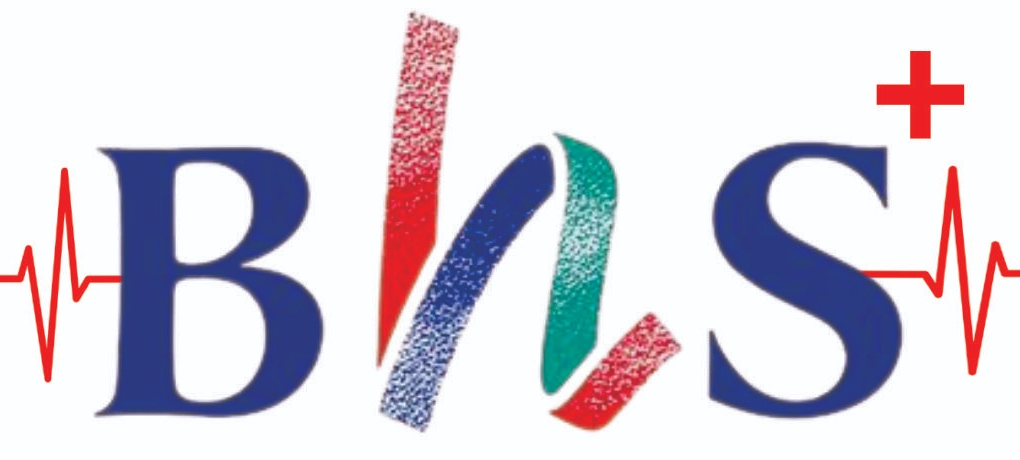- + 91 9900821600
- contact@balajihealthcareservices.in
- Rajajinagar, Bangalore
Navigating the path of traumatic brain injury rehabilitation marks a new beginning.
Our comprehensive Neuro Rehabilitation program accompanies you through each phase, addressing physical, functional, and emotional challenges effectively.
Speech and sight therapies
Making muscles stronger
Learning to use a wheelchair
General help for getting better
Mental Health Support
Improving memory and thinking
Assistance for eating and swallowing
Helping with feelings through talking
Getting better at walking and balance
Avoid future issues
Enhanced life quality
Regain strength and balance
Independent function
Customer Rating of 4.9 out of 5
Mainstays of Brain Injury Rehabilitation
Focuses on restoring motor skills and strength to improve mobility.
Aims to redevelop skills for daily life activities, like eating, dressing, and self-care.
Helps regain communication abilities and address swallowing difficulties.
Concentrates on memory, thinking, and problem-solving skills.
Provides emotional guidance, coping strategies, and mental health assistance.
Focuses on a balanced diet and overall health to aid recovery.
Regular assessment and observation to address any neurological changes.
Ensures timely and proper medication intake for healing and symptom management.
Hear from our happy patients
The care I received from Balaji Healthcare Services exceeded my expectations. Their attention to detail and personalized approach are impressive.
Balaji Healthcare Services has been a game-changer for our family. Their compassion and commitment to our loved one’s well-being have been exceptional.
The professionalism and kindness of the staff at Balaji Healthcare Services are truly commendable. They made our difficult time more manageable and comforting.
Doctors
Happy Patients
Medical Beds
Best Trauma Care Center for Post-Trauma Recovery
Certainly! To explore the importance of selecting a top-tier trauma care facility for holistic recovery after experiencing trauma, this article scrutinizes the critical aspects and benefits involved. It emphasizes the significance of professional support to aid in both the mental and physical recuperation process.
Read More>>
Of course! Understanding trauma is essential, as it represents the reaction to distressing events that surpass an individual’s coping abilities. It encompasses a range of physical trauma, from accidents to natural disasters. Identifying trauma symptoms is critical for prompt intervention and appropriate care.
Absolutely! Opting for a specialized trauma care centre means choosing expertise in the care of patients dealing with head injuries and other trauma-related conditions. These centres offer specialized treatments designed for trauma-specific cases, ensuring the best care possible. Using a multidisciplinary approach, they create personalized treatment plans that address individual needs, covering everything from nursing care for head injuries to therapy sessions, and providing comprehensive support.
Choosing post-trauma care at a specialized center can yield numerous advantages. Patients typically report enhanced mental and emotional well-being, a significant reduction in trauma-related symptoms, and an overall improvement in their quality of life. Additionally, they develop resilience and acquire coping skills, preparing them to tackle future challenges with confidence.
Choosing the appropriate centre is crucial for effective recovery. Factors such as location, staff expertise, and treatment methods are vital to consider. When visiting a facility, it’s important to inquire about their approach to nursing care for trauma patients and overall trauma care nursing. Patient feedback and reviews can offer valuable insights into the quality of care provided.
Our Caregivers

Specialized Care
Tailored care specifically designed for tracheostomy patients to meet their unique needs.

Comprehensive Support
Providing holistic care, including both medical and emotional support for tracheostomy patients.

Experienced Professionals
Skilled and experienced medical staff well-versed in tracheostomy management and care.

Patient Safety and Comfort
A dedicated focus on ensuring patient safety, comfort, and a successful recovery journey.
Frequently Asked Questions
Tube feeding is the administration of nutrients directly into the digestive system through a tube. It’s used when a person cannot eat or swallow food normally due to various medical conditions.
Feeding tubes can include nasogastric (NG), gastrostomy (PEG), or jejunostomy tubes, each inserted based on the patient’s needs and condition.
The selected feeding tube is carefully inserted into the digestive system, ensuring proper placement to prevent complications.
Tube feeding involves specialized formulas designed to meet specific patient needs based on age, medical condition, and nutritional requirements.
Common issues might include tube blockage, infections, or skin irritation around the tube site, which require proper care and attention.
Transitioning to life with a feeding tube might involve adjustments in daily routines and may have emotional impacts, but professional guidance and care can make the transition smoother.
Tube sites must be kept clean and dry to prevent infections. Proper cleaning techniques and dressing changes should be conducted as advised by healthcare professionals.
Common signs include pain, redness, discharge, or swelling around the tube site, tube blockages, and any unexplained symptoms like vomiting or discomfort.




